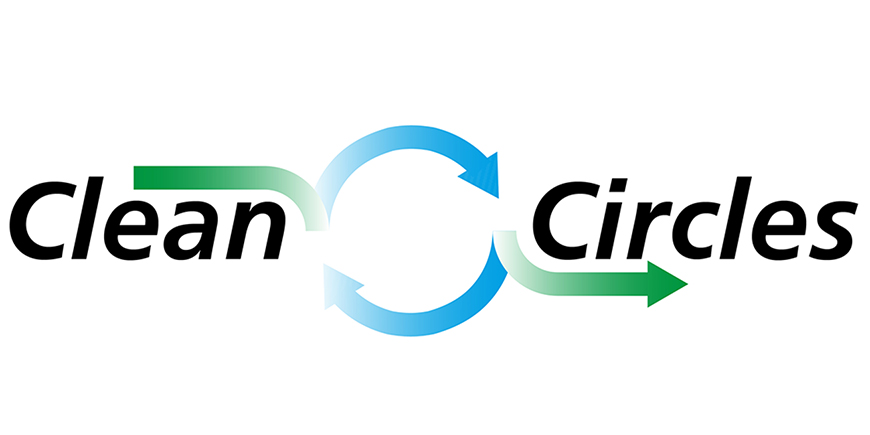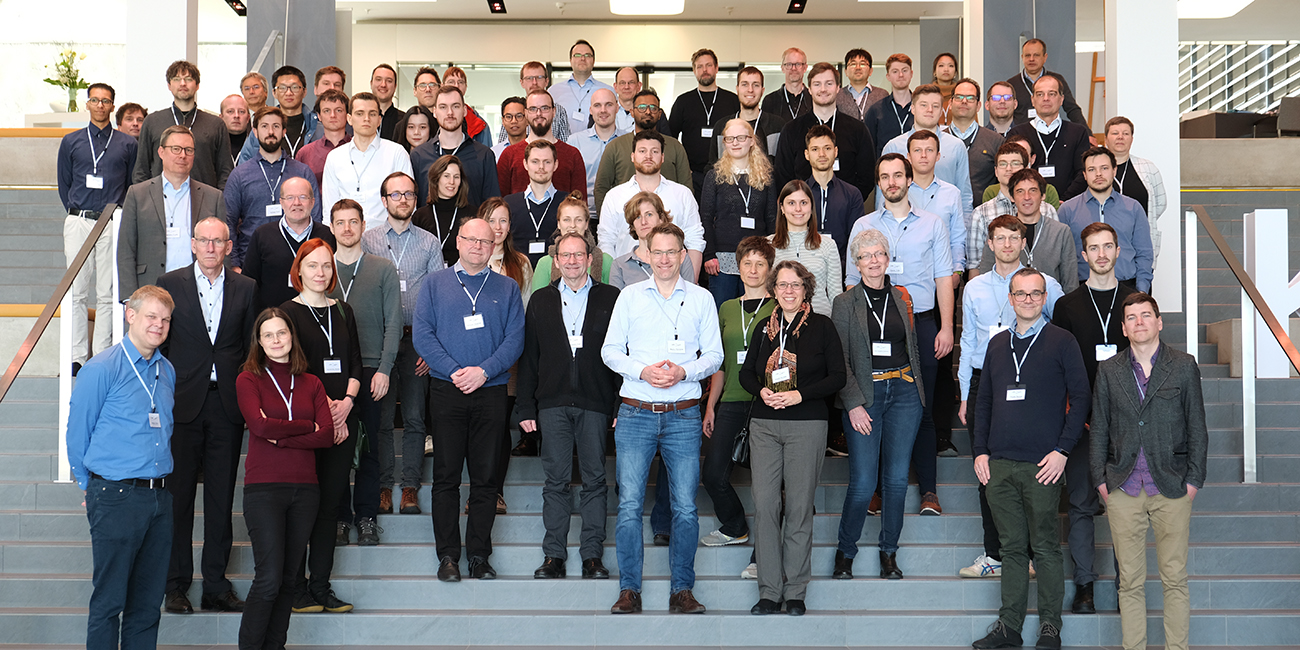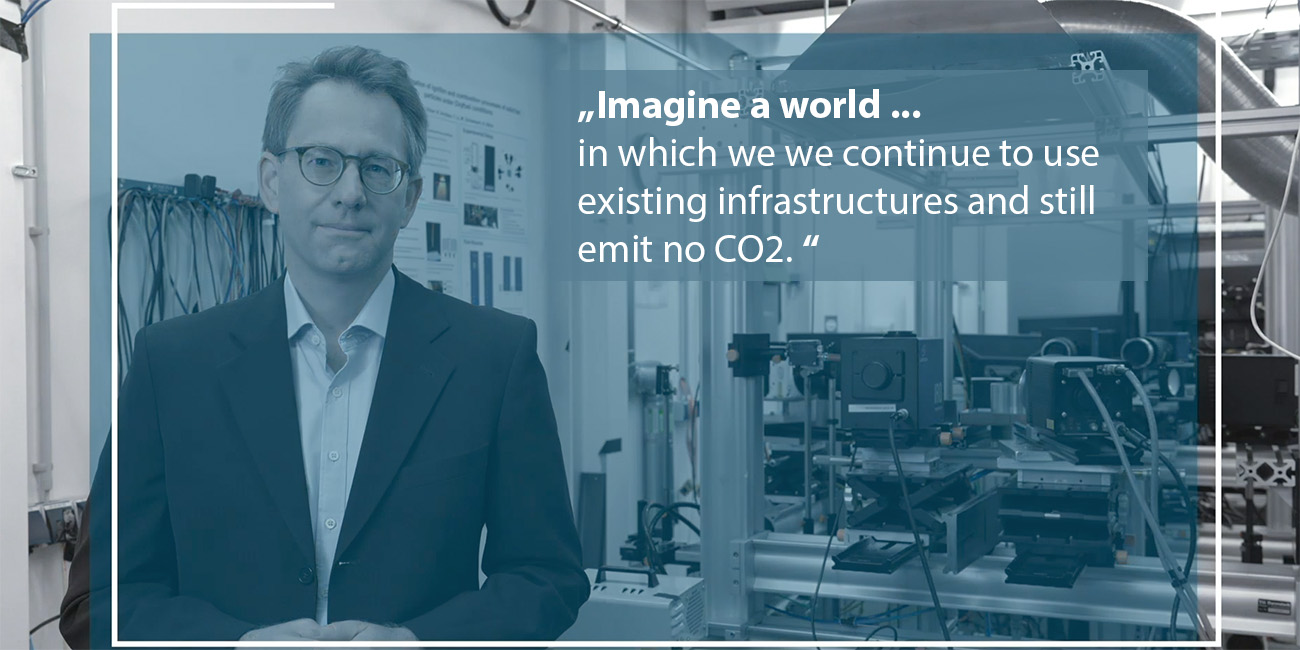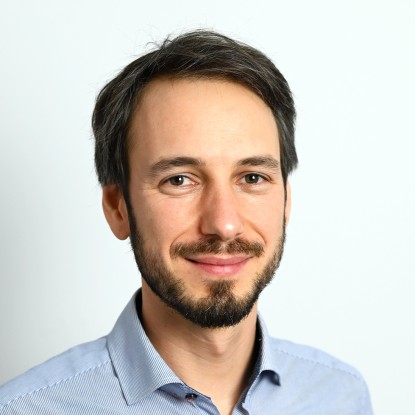Iron as energy carrier in a carbon-free circular energy economy
Iron as a reactive metal has enormous potential to boost the energy transition. The project Clean Circles teams up scientists from multiple disciplines to explore how the metal and its oxides can be used in a cycle as carbon-free chemical energy carrier to store wind and solar power.

Research partners
News
Funding


Clean Circles is funded by the Hessian Ministry of Higher Education, Research, Science and the Arts.













